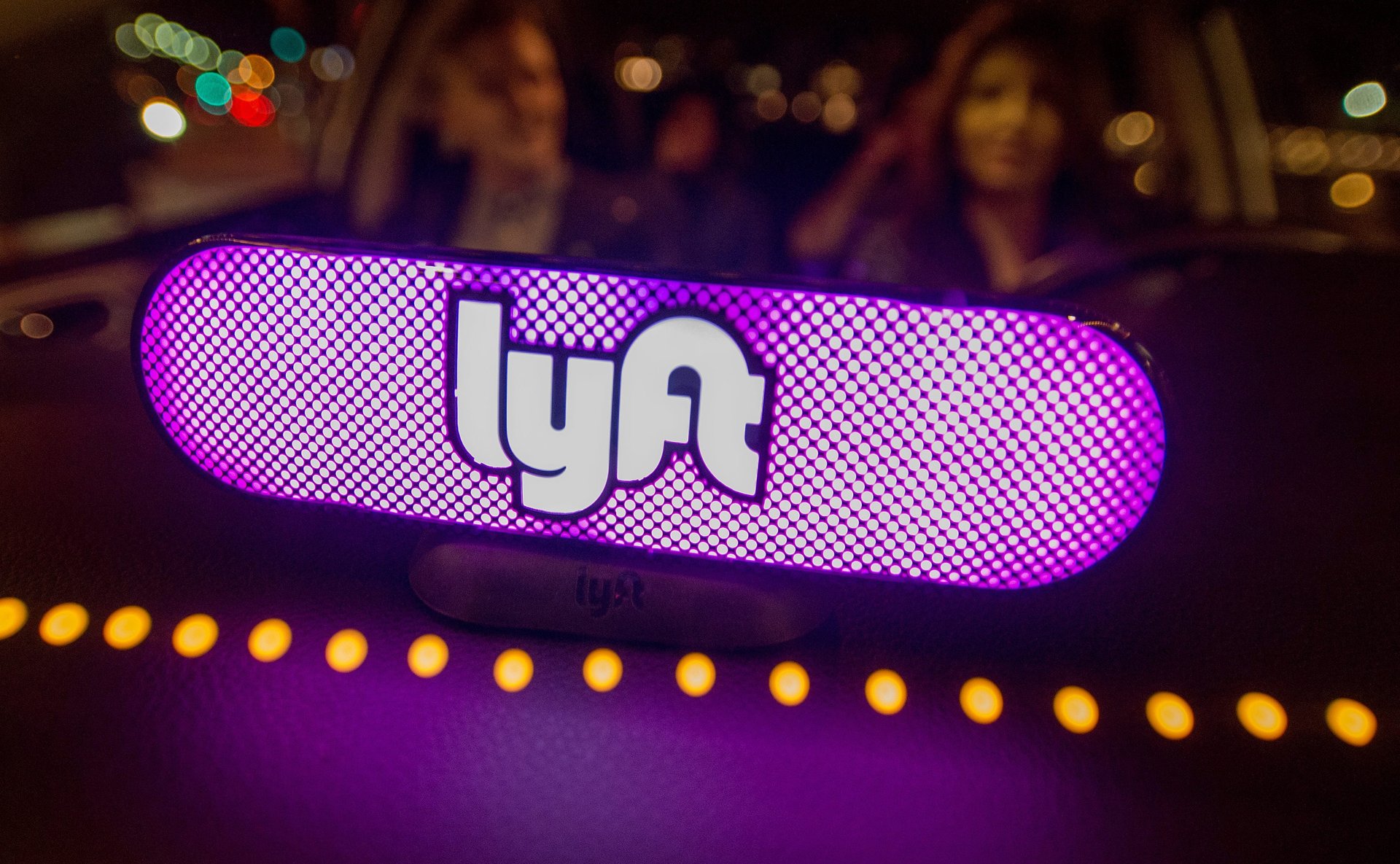To head off an Uber-like workplace crisis, Lyft’s head of engineering is urging employees to talk to her
Lyft—Uber’s smaller, less controversial rival in the world of taxi disruption—hasn’t been plagued by the same allegations of sexism and aggressive behavior as Uber. Not yet, anyway.


Lyft—Uber’s smaller, less controversial rival in the world of taxi disruption—hasn’t been plagued by the same allegations of sexism and aggressive behavior as Uber. Not yet, anyway.
In an apparent effort to address any similar issues among Lyft employees—and to prevent any stories of mistreatment from creating a public relations nightmare—the company’s head of engineering is urging workers to come forward with their grievances.
In a post on Blind, an app for anonymous workplace conversation, Jill Wetzler said she is eager “to talk to anyone about anything without judgment,” according to TechCrunch. Some extracts:
I struggle with my own work/life balance, anxiety around compensation, and the conflict between feeling grateful for the many privileges I have while still wanting better from my peers, my company, and my industry. I often feel really energized by our company mission and the amazing people here, and yet like most women my age I daydream about when I’ll leave tech.
One thing I want for Lyft (and any company I work for) is for us to iterate and improve. I want transparency in communication, both from our leadership and from our individual contributors.
If you want to take me up on it, send me an email or Slack DM and we’ll grab 30 minutes. I can promise you whatever level of anonymity you want, as long as it’s not something I’m required to escalate (harassment, discrimination, etc.). If I ever had to escalate something, I’d let you know ahead of time and help you through it.
I’m sincere in this. I come to work every day to be around great people. Let’s talk action and make Lyft better together. Let’s connect with each other.
Many executives say their “door is always open” but most employees are astute enough to see beyond the statement and know if a leader is sincerely interested in hearing complaints or dissenting views. It’s not enough to extend an invitation; executives have to communicate through their actions and through the broader corporate culture that dissenting views are welcome and won’t be met with retaliation.
Still, Wetzler’s gesture suggests Lyft is open to the possibility that its employees are unhappy, and is interested in remedying any festering issues before they bubble over. That alone separates it from Uber.